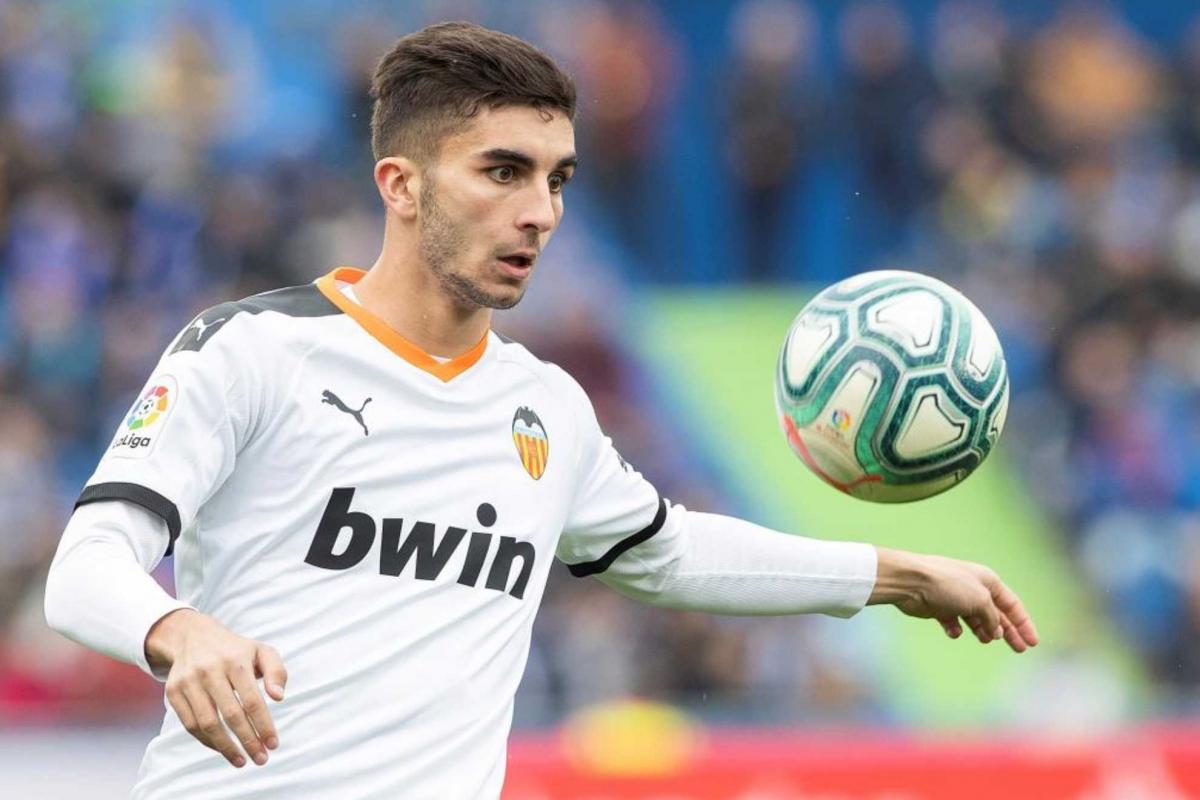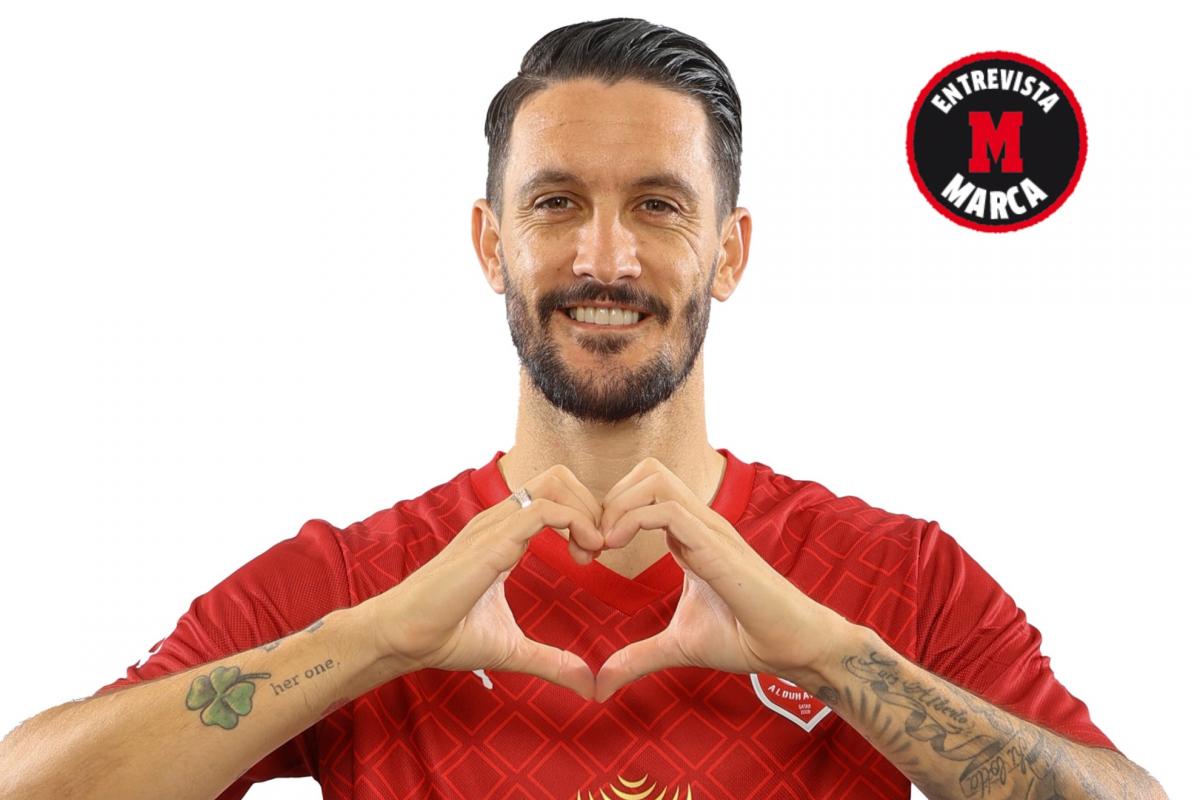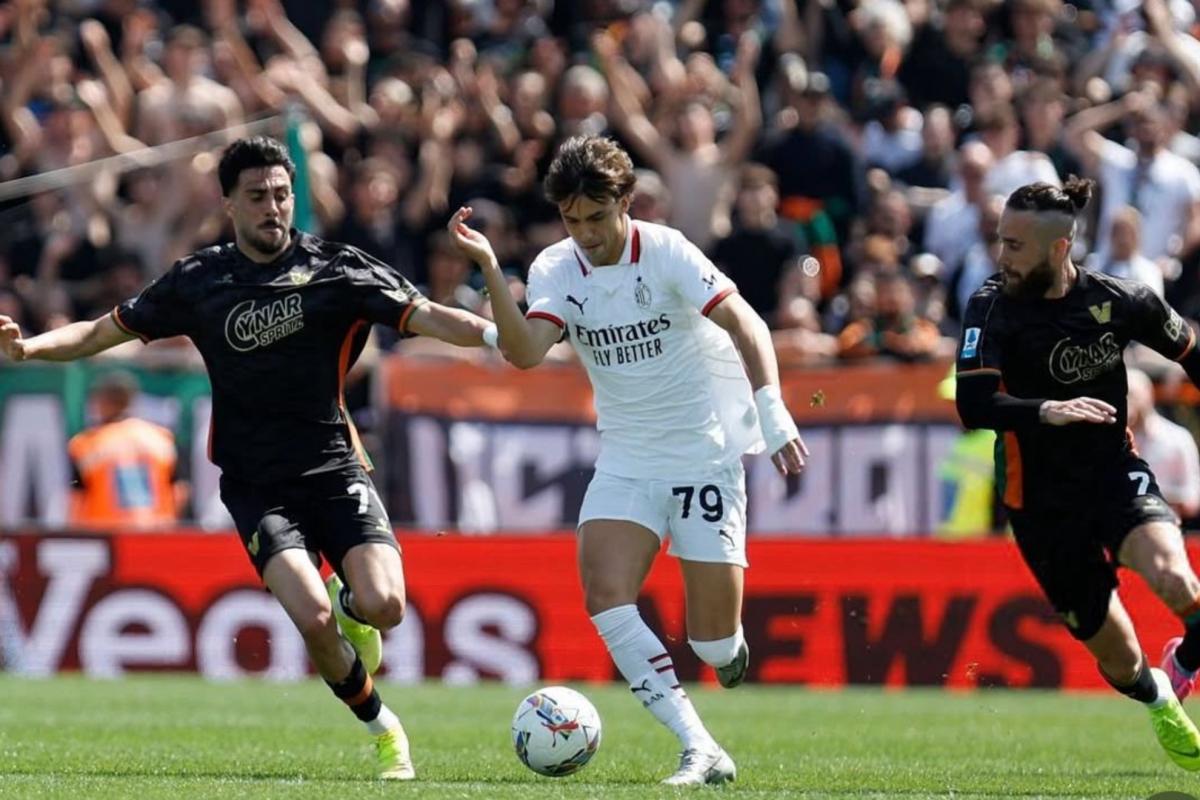The union of European clubs (EUC) has presented a new policy of Reward to the development of Playes so that clubs that do not participate in Champions Receive more money from UEFA competitions. The European club union was born in April 2023 with the aim of improving the defense of clubs that do not make up the European elite.
What the ECA proposes is that UEFA allocates at least 5% of its annual income of club competitions (Champions League, Europa League y Conference League) to a new financial mechanism that would directly benefit To clubs that have trained the players who participate in these competitions.
How would those funds be distributed? Depending on the minutes played For soccer players in UEFA competitions and metallic awards they have received. The more minutes, the more money their clubs of origin will receive. The farther their teams get, too. They would be out of the equation, that is, They would not enter this cast, the clubs that play that season the Champions League League phase. The reason, simple: even the last classified of the Champions League takes a good amount of money. Just for participating are more than 18 million more who adds for each draw or every victory.
As noted to brand Dennis GudasicGeneral secretary of the European Club Union and executive director of Lokomotiva Zagreb, the Dinamo Zagrebfor example, he has won this season in Champions the triple of what he earns for television rights in the Croatian League, with what that means when it comes to making differences in his competition. That is why It would not make sense, as the ECC believes, which also enters this new cast that proposes.
1,500 beneficiary clubs
The European Club Union estimates that with this new reward for the development of players, almost 1,500 clubs from all over Europe would have received payments, From first teams to sixth category sets, and more than 400 clubs would have received more than 100,000 euros. The EEC believes that it would help “restore equity and balance in the football ecosystem.”
In the case of Spanish teams, the Valencia and the Athletic would have received almost two million euros for the minutes that the players they formed had in the UEFA competitions in the 23-24 season.
This would be the ranking of the 15 Spanish teams that more money would have received at 23-24 for this reward for the development of players:
- Valencia: 1,892,861 euros
- Athletic: 1.797.782 euros
- Espanyol: 1.352.729 euros
- Villarreal: 1,154,218 euros
- Celta: 1,105,107 euros
- Malaga: 1,000,883 euros
- Betis: 738,165 euros
- Osasuna: 605,517 euros
- EU Cornellà: 490,834 euros
- Deportivo: 371,698 euros
- Real Valladolid: 330.317 euros
- RCD Mallorca: 303.338 euros
- Getafe: 271,382 euros
- Ray: 268,526 euros
- Leganés: 249,484 euros
Examples with names and surnames
And these are some examples of how this new system would work with names and surnames with the results of this season, 24-25:
Antonio Rüdiger: With the 1,099 minutes played by the German in the Champions League with Real Madrid, they would go 122,000 euros to SV Tasmania Berlin, 44,000 euros to Neuköllner SF and 96,000 euros per hertha 03 Zehlendorf.
Francesco Acerbi: With the 680 minutes he has played, so far, with Inter, El Pavia would receive 321,000 euros.
Jules Koundé: With its 1,106 minutes played at the Champions League with Barcelona, The Girondins would correspond 768,000 euros.
John McGinn: 740 minutes played at the Champions League with Aston Villa, so The ST Mirren would receive 262,000 euros.
And what would happen to a footballer who formed in Argentina or Brazil? That is the EEC calls “unclean amounts”, since this new reward is only for European teams, and those amounts would be redistributed among all eligible clubs. The age that would be taken into account for this reward would be from 12 to 20 years.
Optimism in the EUC with the measure
For Gudasic, these amounts “is not charity, it is compensation” for the trainers, which will continue to have a motivation to form players. In addition, he points out that it would not be immediate, for this season or the following, but that proposes that it be for 2027-2028when a new champions cycle begins.
There is time, therefore, to talk to the different actors. Gudasic says they have already talked to many clubs, large and small, and also With UEFA, from which he has received support in principle. The measure has already been presented to the European Commission. The EUC general secretary, therefore, is optimistic.
The European Club Union insists that the basic principle pursued by this idea is that Clubs investing in the development of soccer players receive a fair reward when these players contribute to the success of European competitions. And talks about this measure contributing to equity y sustainability of football (these income can be important for clubs that do not belong to the elite) and that Incentives development.
The EC also points out that Current mechanisms of FIFA solidarity In transfers and training compensation are not reliable and are not linked to the real success of players' development; and? UEFA solidarity payments They lack a specific reward for training clubs.



